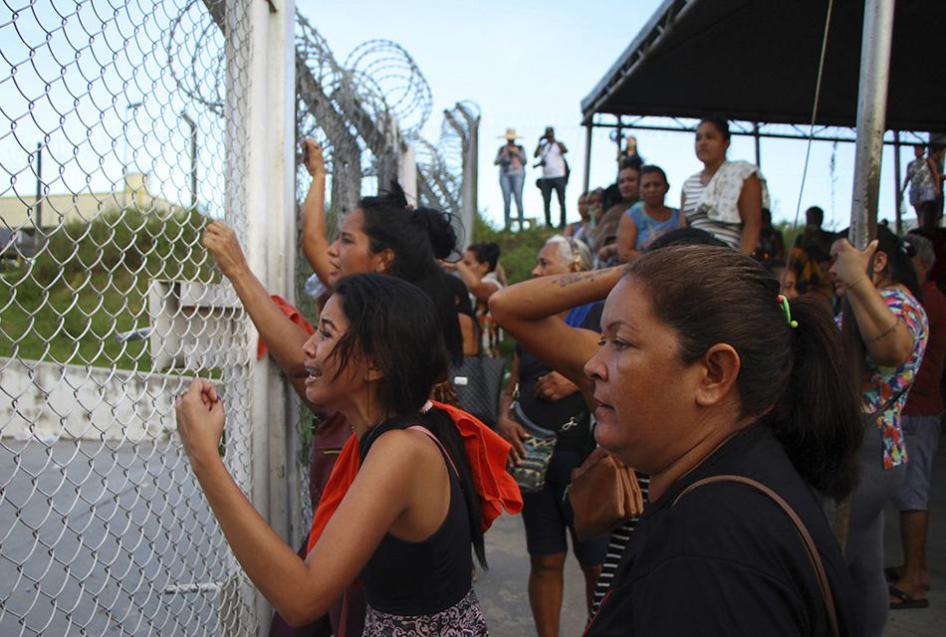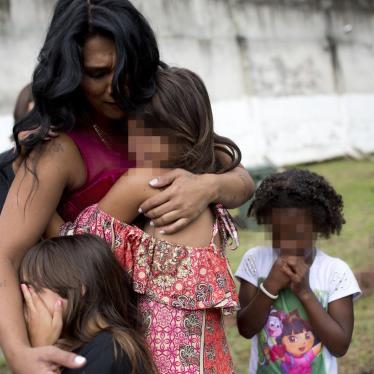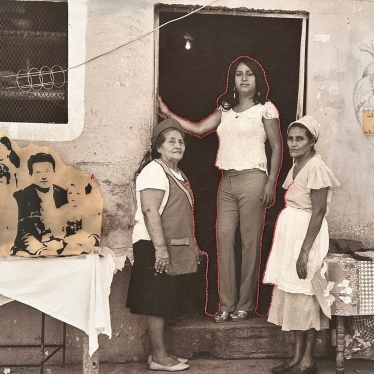Inmates went on a killing spree Sunday and Monday, choking and stabbing to death 55 inmates in four prisons in the Brazilian state of Amazonas.
Federal and state authorities responded as they typically have after a prison massacre: they said they would transfer some inmates to federal penitentiaries and deploy federal agents in the Anísio Jobim prison complex, where 15 killings took place.
But authorities have so far been silent about how this latest massacre could have happened and what will be done to prevent another one. Nor have they made clear that they have any intention of providing good answers to these questions.
Officials cannot reasonably claim the latest round of killings took them by surprise.
On January 1, 2017, 56 inmates were killed at Anísio Jobim. Another 78 died in the following two weeks in prisons around the country. The National Mechanism for the Prevention and Combatting of Torture – a body within the Women, Family, and Human Rights Ministry – had warned the Amazonas authorities a year earlier they were being “neglectful” in the face of the activities by prison gangs and that there was serious risk of killings.
Last November, the anti-torture group issued another warning that Amazonas state had only fully implemented 2 out of 51 recommendations to improve the prison system. For instance, it found state authorities had not opened any investigation into any failures by prison administrators that made the 2017 killings possible.
The National Mechanism also found that neither public defenders, judges, nor prosecutors conducted regular visits to prisons to oversee conditions, as established by Brazilian law. It said those visits would be “extremely important” to prevent another massacre like the one in 2017.
Structural problems lie at the heart of the prison crisis in Amazonas and in Brazil as a whole. Nationwide, 40 percent of people in detention are awaiting trial. Many inmates are young men with low levels of education who depend on understaffed public defenders’ offices for their legal defense.
They are piled up in facilities built for only half the number of inmates, according to June 2016 data, the latest available. This level of overcrowding makes it very difficult for prison staff to guarantee prisoners’ security. Many join prison gangs in search of protection, research by Human Rights Watch shows. Killings and violence behind bars only strengthen those gangs.









